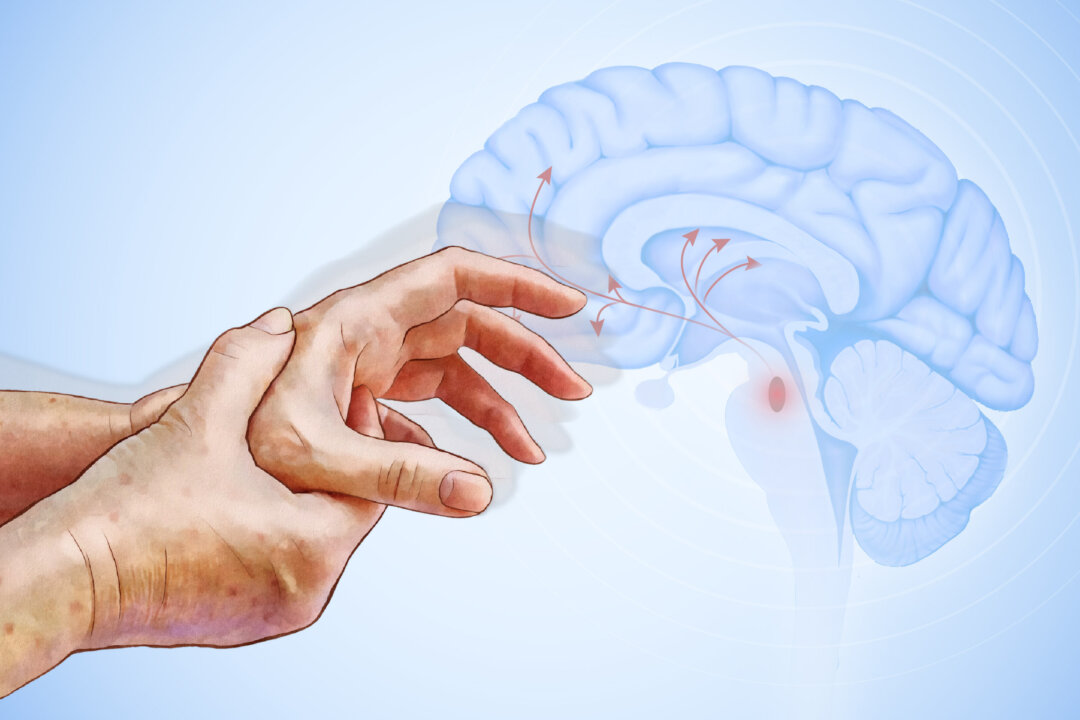Natural Strategies to Alleviate Symptoms of Parkinson’s Disease

Parkinson’s disease is a progressive neurological disorder characterized by the degeneration of dopamine-producing neurons in the brain. It is the second most common neurodegenerative condition, following Alzheimer’s disease. Approximately 1.1 million people in the United States are currently living with Parkinson’s, a number projected to rise significantly as the population ages.
The impact of Parkinson’s disease varies widely among individuals, manifesting in a range of movement and emotional symptoms. These can include tremors, stiffness, and challenges with balance and coordination. While there is no known cure for Parkinson’s, certain lifestyle changes and natural approaches have shown promise in alleviating symptoms.
Understanding Parkinson’s Disease
Parkinson’s disease primarily affects the brain’s ability to produce dopamine, a neurotransmitter crucial for coordinating smooth and controlled movements. As dopamine levels decline, individuals may experience difficulty in initiating movement, which can lead to frustration and a decreased quality of life. The emotional toll of the disease is also significant, as many patients face depression and anxiety alongside their physical symptoms.
Research indicates that the exact cause of Parkinson’s disease remains uncertain, though genetics and environmental factors are believed to play a role. According to the Parkinson’s Foundation, early symptoms may be subtle and often include changes in handwriting, reduced facial expression, and difficulty with fine motor skills.
Natural Approaches to Manage Symptoms
While medical treatments are essential in managing Parkinson’s, incorporating natural strategies can enhance overall well-being and provide symptomatic relief. Here are several approaches that have been identified as beneficial:
1. **Physical Activity**: Regular exercise is one of the most effective ways to improve mobility and reduce stiffness. Activities such as walking, swimming, and yoga can help maintain physical function and mental health.
2. **Dietary Changes**: A balanced diet rich in antioxidants may help combat oxidative stress associated with neurodegenerative diseases. Foods high in omega-3 fatty acids, such as fish and flaxseeds, along with plenty of fruits and vegetables, can contribute to brain health.
3. **Mindfulness and Stress Management**: Techniques such as meditation, deep breathing, and tai chi can help manage stress and improve emotional stability. These practices encourage relaxation and can enhance the overall quality of life.
4. **Social Support**: Engaging with support groups or therapeutic communities can provide emotional assistance and practical advice for coping with the challenges of Parkinson’s disease. Sharing experiences with others who understand can foster a sense of belonging and hope.
5. **Cognitive Activities**: Keeping the brain active through puzzles, reading, or learning new skills can help maintain cognitive function. Mental stimulation is vital in combating some of the cognitive decline associated with Parkinson’s.
While these natural methods are not substitutes for medical intervention, they can complement treatment plans and improve daily functioning. As researchers continue to explore the complexities of Parkinson’s disease, the focus on holistic approaches reflects a growing understanding of the need to treat both the body and mind.
In summary, while Parkinson’s disease poses significant challenges, combining medical treatment with lifestyle adjustments and natural remedies can provide a pathway to better manage symptoms and improve quality of life for those affected by this condition.






